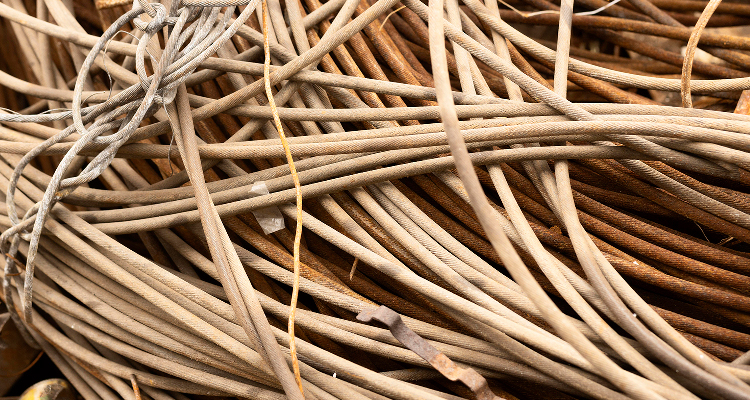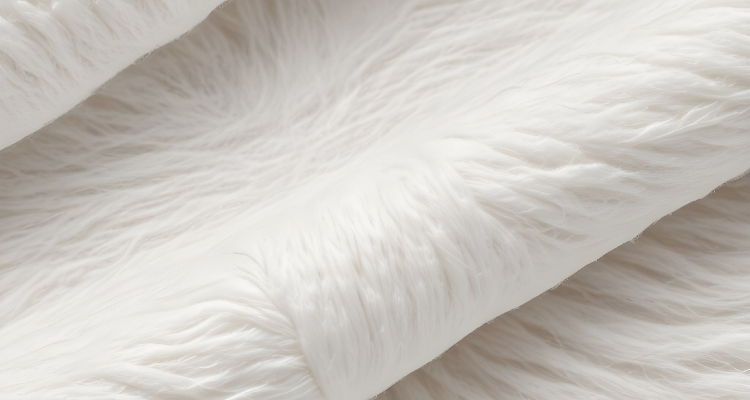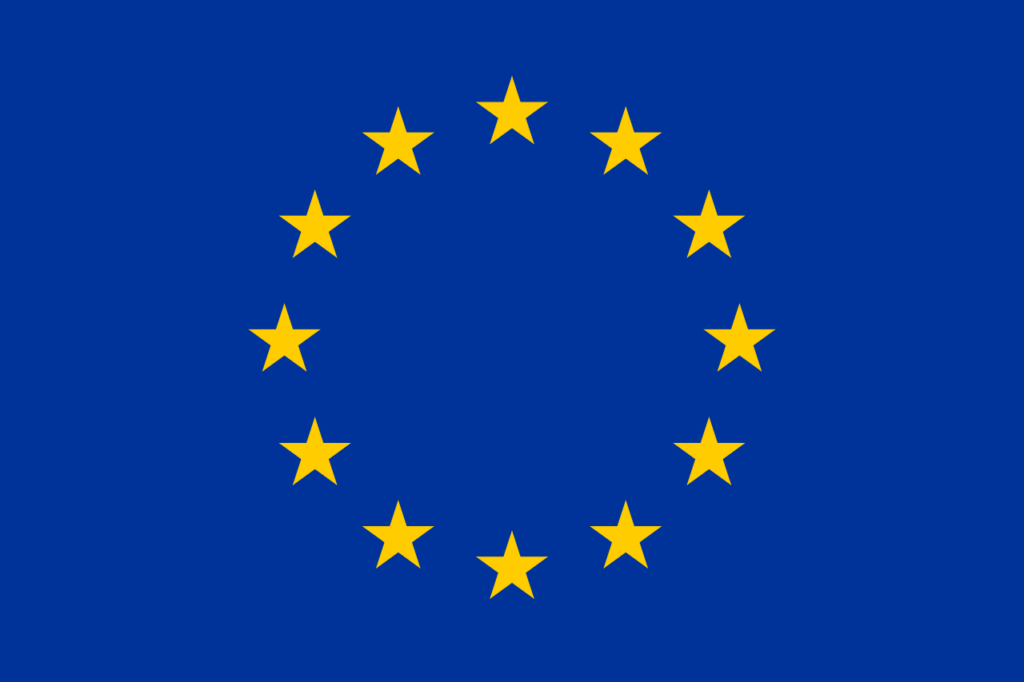Concept
The PENGUIN project is focused on transforming the outdoor textile market by aligning it with EU’s climate action and sustainability goals. Its main objective is to develop bio-inspired, high-performance textile materials that are safe, sustainable, and suitable for outdoor use. These efforts involve the production of advanced cellulose-based fibers and fabrics using innovative biomimetic chemistries to achieve properties such as enhanced hydrophobicity. This development aims to meet specific performance standards required for outdoor apparel while adhering to the Safe and Sustainable by Design (SSbD) principles.
Materials for outdoor garments

Bio-based Raw Material
“The PENGUIN project represents a significant advancement in promoting the European Union’s strategic autonomy and environmental sustainability. By primarily utilizing forest pulp and incorporating recycled textile fibers, the project shifts the production of insulation materials away from traditional, fossil-based fibers and imported down. This strategic move not only supports the EU’s commitment to a climate-neutral and circular economy but also bolsters local industries.
In 2019, Europe’s 151 pulp mills produced over 38 million tonnes of pulp, demonstrating the continent’s capacity to supply raw materials sustainably. Partners in the PENGUIN project, such as Spinnova and OrganoClick, are leveraging these resources innovatively. For instance, OrganoClick uses byproducts from the food industry while Spinnova expands the potential raw materials pool by incorporating agricultural waste and textile remnants.
Furthermore, by keeping the production within the EU, the project ensures a reduction in carbon footprint associated with importing materials from outside the EU and enhances the local economy. The resultant insulation materials are then utilized by European companies like Pangaia Grado Zero and COLMAR to manufacture eco-friendly outdoor jackets, reinforcing the cycle of sustainability and innovation within the EU’s manufacturing sector. This approach not only aligns with environmental goals but also fosters economic resilience by reducing dependency on external sources and promoting intra-EU supply chains.”

Internal Clothing
“The global market for down and feather insulation is projected to reach approximately €7.1 billion by 2023 with a consistent growth rate, there is a strong worldwide demand for these materials due to their ability to provide exceptional warmth without adding weight. Despite their popularity, down and feathers raise significant environmental and ethical concerns, as they are by-products of the global food industry and involve animal sourcing.
The PENGUIN project introduces an innovative alternative to these traditional materials by developing insulation solutions based on cellulose. This initiative is part of a broader movement towards sustainable and ethical consumer products. Cellulose-based insulation materials offer a compelling substitute that aligns with growing consumer preferences for products that are not only effective but also responsibly produced.
The advantages of using cellulose-based materials are manifold. Environmentally, they reduce dependence on fossil fuels typically used to produce synthetic fibers and mitigate concerns related to animal welfare in the down and feather industry. From a performance standpoint, these cellulose-based insulators are engineered to address common drawbacks associated with traditional insulation materials, such as reduced effectiveness when wet, long drying times, potential loss of warmth due to moisture absorption, and diminished durability after washing. Enhanced with hydrophobic properties, cellulose-based insulation maintains its insulating capabilities even in damp conditions, dries faster, and stands up better to repeated laundering.
Moreover, the adoption of cellulose-based materials can significantly impact the EU’s strategic economic and environmental goals. By shifting to locally sourced and sustainable raw materials, the EU can reduce its reliance on imported goods, decrease its carbon footprint, and promote a circular economy. This not only helps in conserving natural resources but also supports local industries and creates jobs within the EU, enhancing its position in the global market as a leader in sustainable innovation.”

Garment
“The textile industry, a major global sector, faces significant environmental challenges, including its substantial contribution to CO2 emissions and freshwater pollution, primarily through the use of harmful chemicals like PFAS and VOCs in production processes. As the industry seeks sustainable alternatives, the adoption of biomimetic chemistries—inspired by nature to create safer, more eco-friendly solutions—is growing. Despite this, stringent environmental regulations can stymie innovation in textile coatings.
The PENGUIN project is set to facilitate this transition by employing the Safe and Sustainable by Design (SSbD) framework, which emphasizes reducing chemical usage without compromising textile performance and functionality. This approach not only aligns with environmental safety standards but also broadens the application possibilities for cellulose-based fibers, positioning them as viable substitutes for fossil-based materials in the market. This shift represents a strategic advancement in reducing the environmental footprint of the textile industry while maintaining the high quality and versatility that consumers demand.”

Explotation impact
“The PENGUIN project employs several strategies to enhance the sustainability and effectiveness of the textile industry. It focuses on improving fibres properties for insulation, notably by boosting hydrophobic traits and ensuring the processes are scalable without sacrificing sustainability. The project introduces an eco-friendlier fibres production method that eliminates hazardous chemicals and enhances the consistency of manufacturing. By incorporating biomimetic chemistries, the project aims to create biobased products that are well-received in the market and can easily fit into existing production setups. It also develops advanced cellulose-based insulation materials using new methods, customized for specific industrial uses. Innovations in fabric technology include hydrophobic properties and integrated electronic components to increase functionality. Moreover, the project emphasizes recycling advancements that enable effective separation and regeneration of cellulose-based materials, promoting a more robust circular economy in the textile sector. Each approach is carefully crafted to meet high industry standards and ensure smooth market entry, achieving both environmental and economic benefits.”
Objectives
1
A key specific objective of the project is the development of cellulose-based insulation materials that mimic the air-trapping properties of natural down. By using digital tools to accelerate the material development process, the project seeks to create insulation that matches or surpasses the thermal resistance and comfort of down and synthetic fillers, with better environmental profiles. These materials are intended to reduce the reliance on synthetic polyester and move towards more sustainable, bio-based alternatives.
2
Another important goal of PENGUIN is to enhance the functionality of fabrics used in outdoor garments by integrating biomimetic functionalities and heating elements. This involves developing fabrics that not only provide superior thermal comfort and protection from the elements but also reduce the need for harmful chemical treatments. The integration of these smart textiles aims to improve the overall performance and sustainability of outdoor clothing.
3
PENGUIN also prioritizes the circularity of the developed materials. The project plans to demonstrate various end-of-life options for outdoor jackets, including recycling and reuse, to ensure that the products are not only made sustainably but also contribute to a reduction in landfill waste. This involves developing and applying a circularity index and eco-design concepts throughout the design and manufacturing processes.
4
Finally, the project is committed to ensuring that the new materials achieve market acceptance. This involves validating the performance of the materials through prototyping, integrating sensor technology to provide data on comfort and performance, and conducting cost competitiveness analysis. Effective communication and dissemination strategies will be employed to engage stakeholders and facilitate the adoption of these innovative materials in the market.


